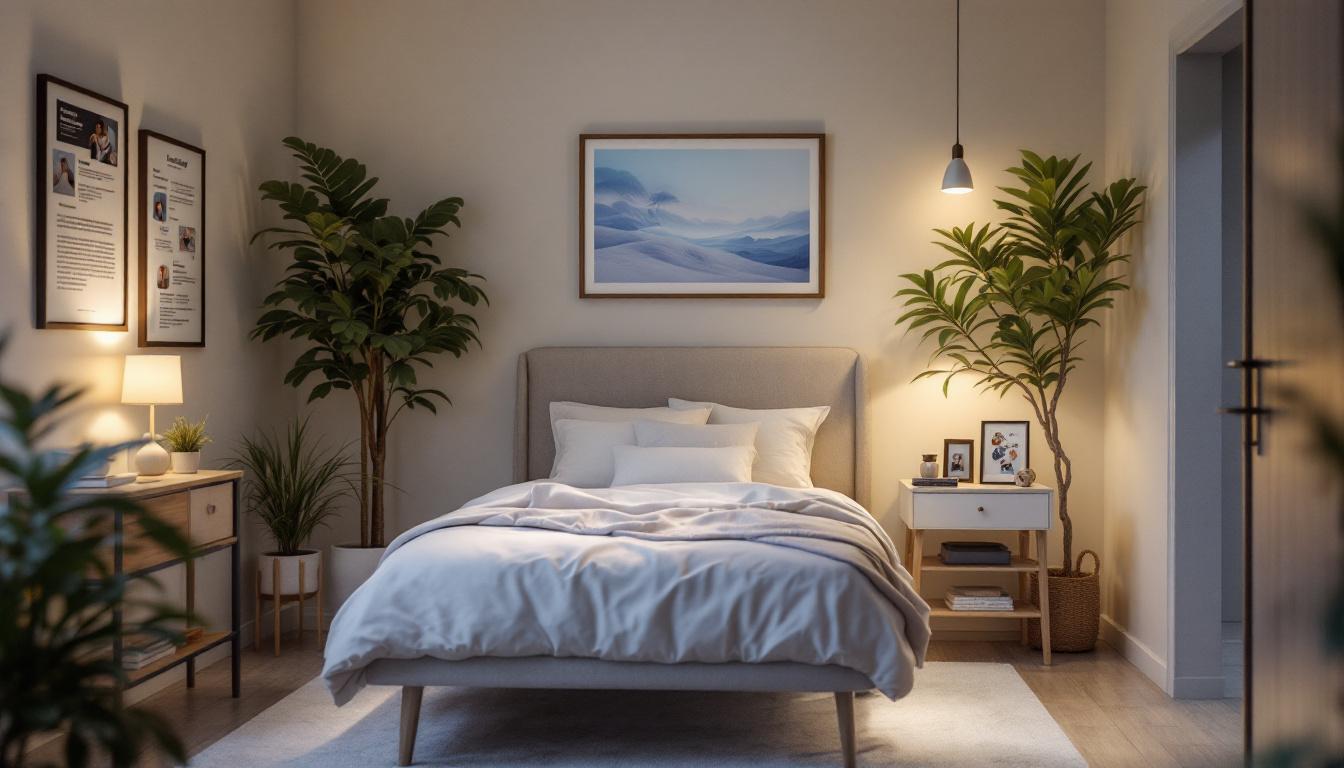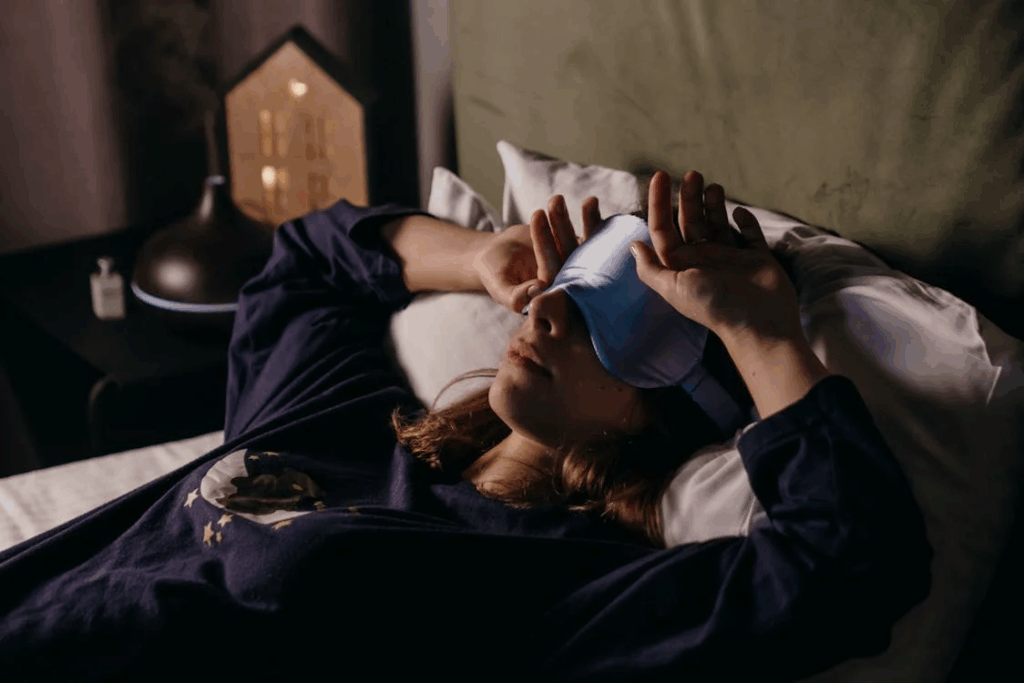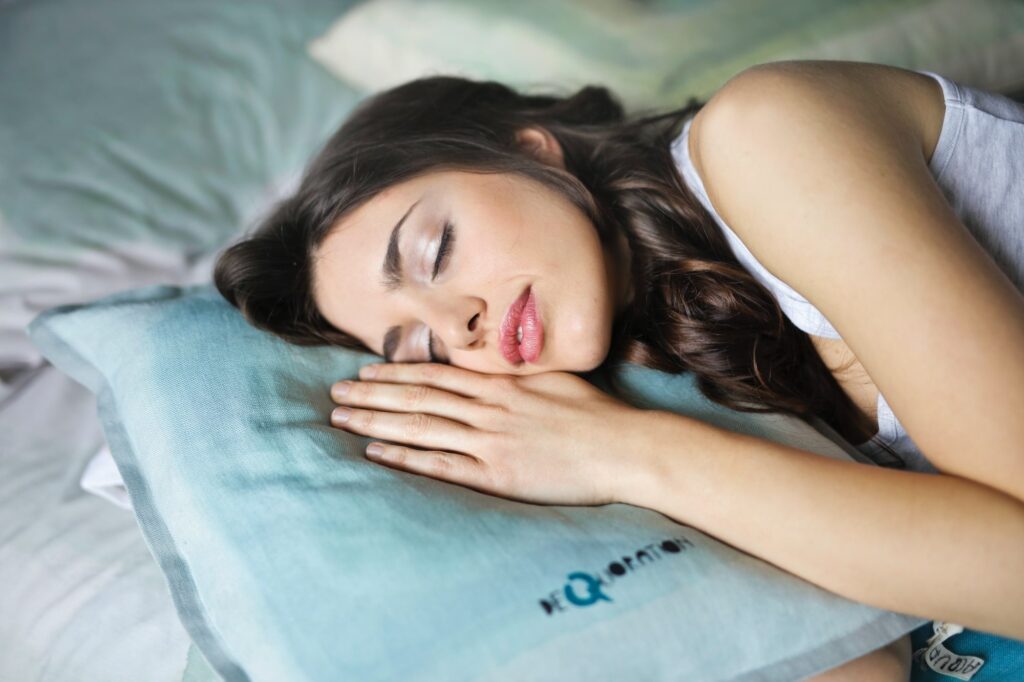Sleep Testing Melbourne: Clinics and Services Overview
Sleep is an essential component of overall health and well-being, yet many individuals struggle with sleep disorders that can significantly impact their quality of life. In Melbourne, a variety of clinics and services are available to assist those experiencing sleep-related issues. This article provides an overview of sleep testing options in the city, detailing the types of services offered, the importance of sleep testing, and what to expect during the process.
Understanding Sleep Disorders
Sleep disorders encompass a range of conditions that disrupt normal sleep patterns, leading to difficulties in falling asleep, staying asleep, or experiencing restful sleep. Common disorders include insomnia, sleep apnoea, restless legs syndrome, and narcolepsy. Understanding these conditions is crucial for recognising the need for sleep testing and seeking appropriate treatment. The prevalence of sleep disorders is alarmingly high, with estimates suggesting that around one in three adults experience some form of sleep disruption at various points in their lives. This widespread issue highlights the importance of awareness and education surrounding sleep health, as many individuals may overlook the significance of their sleep quality until it begins to adversely affect their overall well-being.
Sleep testing Melbourne is a critical step in diagnosing and treating sleep disorders, which can have far-reaching effects on overall health and well-being. In Melbourne, a variety of clinics and services are available to cater to the diverse needs of individuals experiencing sleep-related issues. By understanding the types of sleep testing available, what to expect during the process, and how to find the right clinic, individuals can take proactive steps toward improving their sleep health.

Common Symptoms
Individuals suffering from sleep disorders may experience a variety of symptoms that can interfere with daily life. These symptoms can include excessive daytime sleepiness, difficulty concentrating, irritability, and mood changes. In some cases, physical symptoms such as snoring or gasping during sleep may also be present, particularly in those with sleep apnoea. Moreover, the impact of sleep disorders extends beyond mere fatigue; they can lead to serious health complications, including cardiovascular issues, obesity, and diabetes. The interconnectedness of sleep and overall health underscores the necessity for individuals to pay close attention to their sleep patterns and seek help if they notice persistent disturbances.
The Importance of Diagnosis
Accurate diagnosis is vital for effective treatment. Many individuals may not realise they have a sleep disorder until it significantly affects their health and lifestyle. Sleep testing can provide critical insights into sleep patterns and disturbances, allowing healthcare professionals to tailor treatment plans to individual needs. There are various methods of sleep assessment, including polysomnography, which records brain waves, oxygen levels, heart rate, and breathing, as well as home sleep tests that can be conducted in the comfort of one’s own bed. These diagnostic tools are essential for identifying the specific type of sleep disorder and determining the most appropriate interventions, whether they be lifestyle changes, cognitive behavioural therapy, or the use of medical devices such as CPAP machines for those with sleep apnoea. Learn more about cognitive on https://www.mededportal.org/doi/10.15766/mep_2374-8265.10850
Types of Sleep Testing Services
In Melbourne, several types of sleep testing services are available, ranging from at-home assessments to comprehensive sleep studies conducted in specialised clinics. Each type of testing serves a unique purpose and may be more suitable for different individuals based on their symptoms and circumstances.
Polysomnography
Polysomnography (PSG) is a comprehensive sleep study that is typically conducted in a sleep clinic. This overnight test records brain waves, oxygen levels, heart rate, and breathing, as well as eye and leg movements. PSG is particularly useful for diagnosing complex sleep disorders, including sleep apnoea and narcolepsy.
During the test, patients are monitored in a comfortable, controlled environment, allowing for accurate data collection. The results can help healthcare providers understand the severity of a sleep disorder and recommend appropriate treatment options. Additionally, PSG can also help identify other sleep-related issues such as REM sleep behaviour disorder, which can lead to unusual movements during sleep, and periodic limb movement disorder, where involuntary leg movements disrupt sleep. The comprehensive nature of PSG makes it an invaluable tool for sleep specialists aiming to tailor treatment plans to individual needs.

Home Sleep Apnoea Testing
For those suspected of having sleep apnoea, home sleep apnoea testing (HSAT) offers a convenient alternative to traditional PSG. This test typically involves the use of a portable monitor that tracks breathing patterns, oxygen levels, and heart rate while the patient sleeps in their own bed.
Find more on: Home Sleep Study Melbourne: Testing in Your Own Space
While HSAT is less comprehensive than PSG, it can still provide valuable information for diagnosing obstructive sleep apnoea. It is particularly advantageous for individuals who may feel uncomfortable in a sleep clinic setting or those with limited access to such facilities. Moreover, the ease of conducting the test at home often leads to higher compliance rates among patients, as they can sleep in their own environment without the stress of a clinical setting. This method not only simplifies the process but also allows for a more natural sleep assessment, which can yield more accurate results regarding the patient’s typical sleep patterns.
Actigraphy
Actigraphy involves wearing a wrist device that monitors sleep patterns over an extended period, usually one to two weeks. This method is less intrusive and allows for continuous tracking of sleep and wakefulness in a natural environment. Actigraphy is often used to assess circadian rhythm disorders and insomnia.
The data collected can provide insights into sleep duration, quality, and patterns, helping healthcare professionals make informed decisions about treatment options. Furthermore, actigraphy can be particularly beneficial for those with chronic sleep issues, as it can highlight variations in sleep behaviour that may correlate with lifestyle factors, such as stress levels, diet, and exercise. By analysing this data, practitioners can develop a more holistic understanding of a patient’s sleep health, leading to more personalised and effective interventions. This approach not only enhances the accuracy of diagnoses but also empowers patients to take an active role in managing their sleep health through lifestyle modifications. Click here to find more about diagnoses.
Finding the Right Clinic in Melbourne
With numerous clinics offering sleep testing services in Melbourne, selecting the right one can be a daunting task. It is essential to consider factors such as the clinic’s reputation, the qualifications of the staff, and the range of services offered.
Accreditation and Qualifications
When choosing a sleep clinic, it is crucial to ensure that it is accredited by relevant professional bodies. Accreditation indicates that the clinic meets specific standards of care and adheres to best practices in sleep medicine. Additionally, the qualifications of the staff, including sleep specialists and technicians, should be taken into account, as their expertise will significantly impact the quality of care received.
Services Offered
Different clinics may offer varying services, from initial consultations and diagnostic testing to follow-up care and treatment options. It is advisable to select a clinic that provides a comprehensive approach to sleep health, ensuring that all aspects of diagnosis and treatment are addressed.
Patient Reviews and Recommendations
Reading patient reviews and seeking recommendations from healthcare providers or friends can provide valuable insights into the quality of care at a particular clinic. Positive testimonials often indicate a high level of patient satisfaction and successful treatment outcomes.
What to Expect During Sleep Testing
Understanding what to expect during sleep testing can help alleviate any anxiety associated with the process. Each type of test has its own procedures and requirements, but some common elements can be outlined.
Preparation for Testing
Prior to undergoing sleep testing, patients may be advised to avoid caffeine, alcohol, and certain medications that could affect sleep quality. It is also essential to follow any specific instructions provided by the clinic, such as what to bring and how to prepare for the night of the test.
The Testing Process
For an overnight sleep study, patients typically arrive at the clinic in the evening and are guided to a private room. Electrodes will be placed on the scalp, face, chest, and legs to monitor various physiological parameters during sleep. Patients are encouraged to relax and sleep as they normally would, with staff available to assist if needed.
For home sleep testing, patients will receive a portable monitor along with clear instructions on how to set it up and use it during the night. It is essential to follow these instructions carefully to ensure accurate results.
Post-Test Follow-Up
After the testing is complete, the data collected will be analysed by a sleep specialist. Patients will typically have a follow-up appointment to discuss the results and any necessary treatment options. This may include lifestyle changes, the use of continuous positive airway pressure (CPAP) devices for sleep apnoea, or cognitive behavioural therapy for insomnia.
Conclusion
As sleep disorders become increasingly recognised as a significant public health concern, seeking professional help is more important than ever. With the right support and treatment, individuals can reclaim their sleep and enhance their quality of life.
Sleep Testing Melbourne: Clinics and Services Overview Read More »

